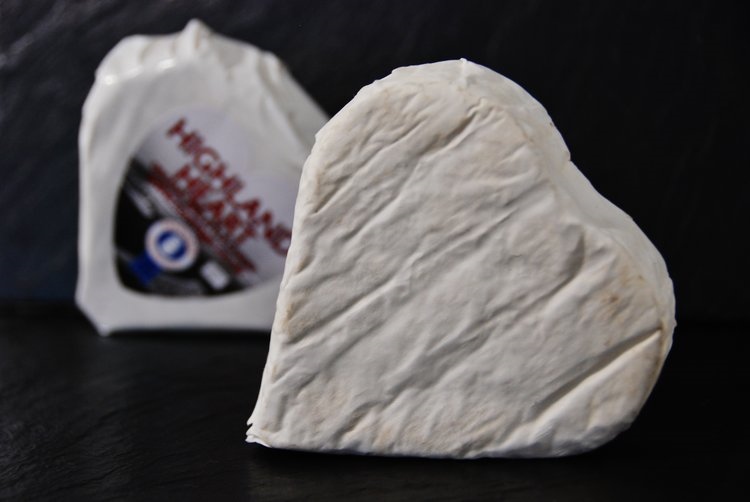
If you have watched the news over the last fortnight or so, you will know that many dairy farmers are feeling the squeeze.
They are being paid less than it costs to produce the milk provided by their herds and some are going bust. This isn’t new. It’s happened before and it will almost certainly happen again.
Many farmers have tried to get around the problem by adding value to the milk they produce.
They have done this by diversifying into dairy products such as ice cream, yoghurts or, as in the case of Connage Highland Dairy, by making award-winning, organic cheese.
Artisan cheese
From a nutty Connage Dunlop to a smooth, creamy, slightly lemony Crowdie, the Clarks have mastered the cheese maker’s art and now produce around fifty tonnes of cheese a year.
They have a range of eleven different cheeses which have taken gold at both the Royal Highland Show and the World Cheese Awards.
Having started making cheese in 2006, Connage sell their products through a number of channels.
There is the Cheese Pantry at their Milton of Connage farm at Ardersier, near Inverness. As well as online sales, Connage cheeses are also sold though delis, farm shops and a number of restaurants.
Earlier this week, the 5pm Dining blog met up with Jill and Callum Clark, owners of Connage Highland Dairy, to talk cheese and taste their range.
Family business
It is a family business. Along with his wife Eileen, Callum’s brother Cameron looks after the dairy herd at the brother’s farm along the shores of the Moray Firth.
The Connage herd consists of around 150 cows, mostly Holstein Friesian with Jersey crosses and Norwegian Reds.
While Cameron and Eileen take care of the coos, Jill and Callum have been in charge of the artisan cheese making since 2006.
Cheese may seem a simple product but making it is a technical process that can be influenced by everything from rainfall to the cows’ feed.
An essential cheese maker skill is being able to work with the way that nature influences the characteristics of the milk produced by the cows.
A typical challenge might be changes in the consistency of the curds. The curds might be hard, they might be soft. Whatever their texture, the cheese maker has the job of creating a consistent end product.
Natural product
The fact that cheese is a natural product which can be altered by the seasons, geography or the weather adds to its interest.
As Jill points out, ‘You can have two people produce a brie or Cheddar style of cheese but, because of factors such as location or the type of grass the cows feed on, the cheeses will be quite different’.
In some ways, this is a golden age for British artisan cheese makers. There are now more than 700 different cheeses being made in Britain and our appetite for them seems to be growing.
We spoke to Callum Clark about his career in cheese.
